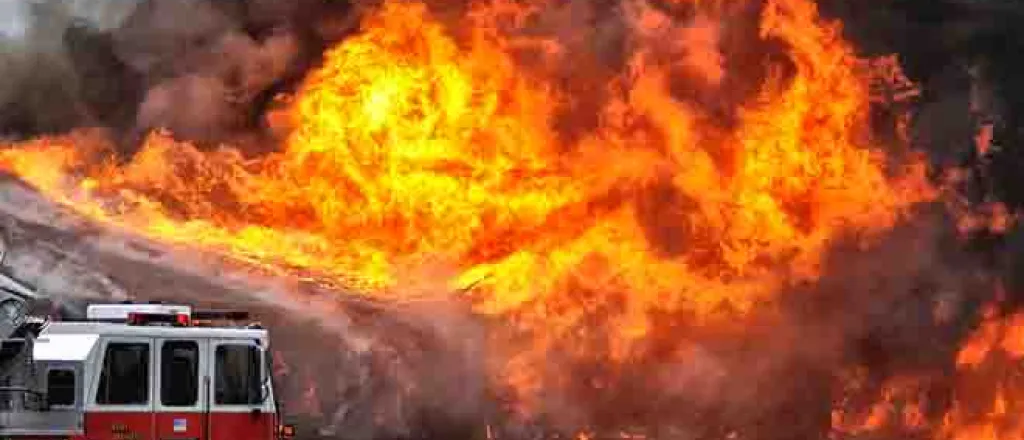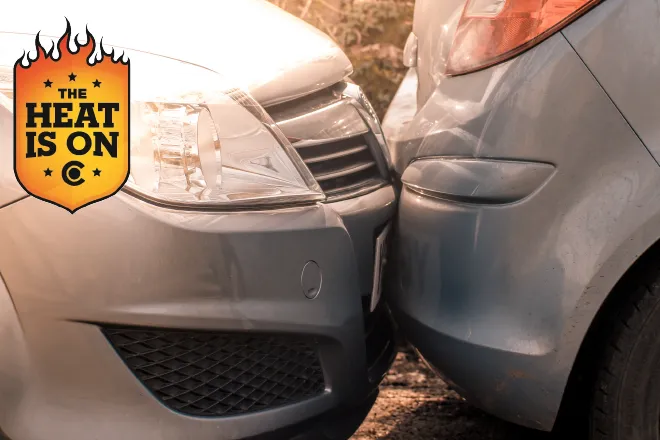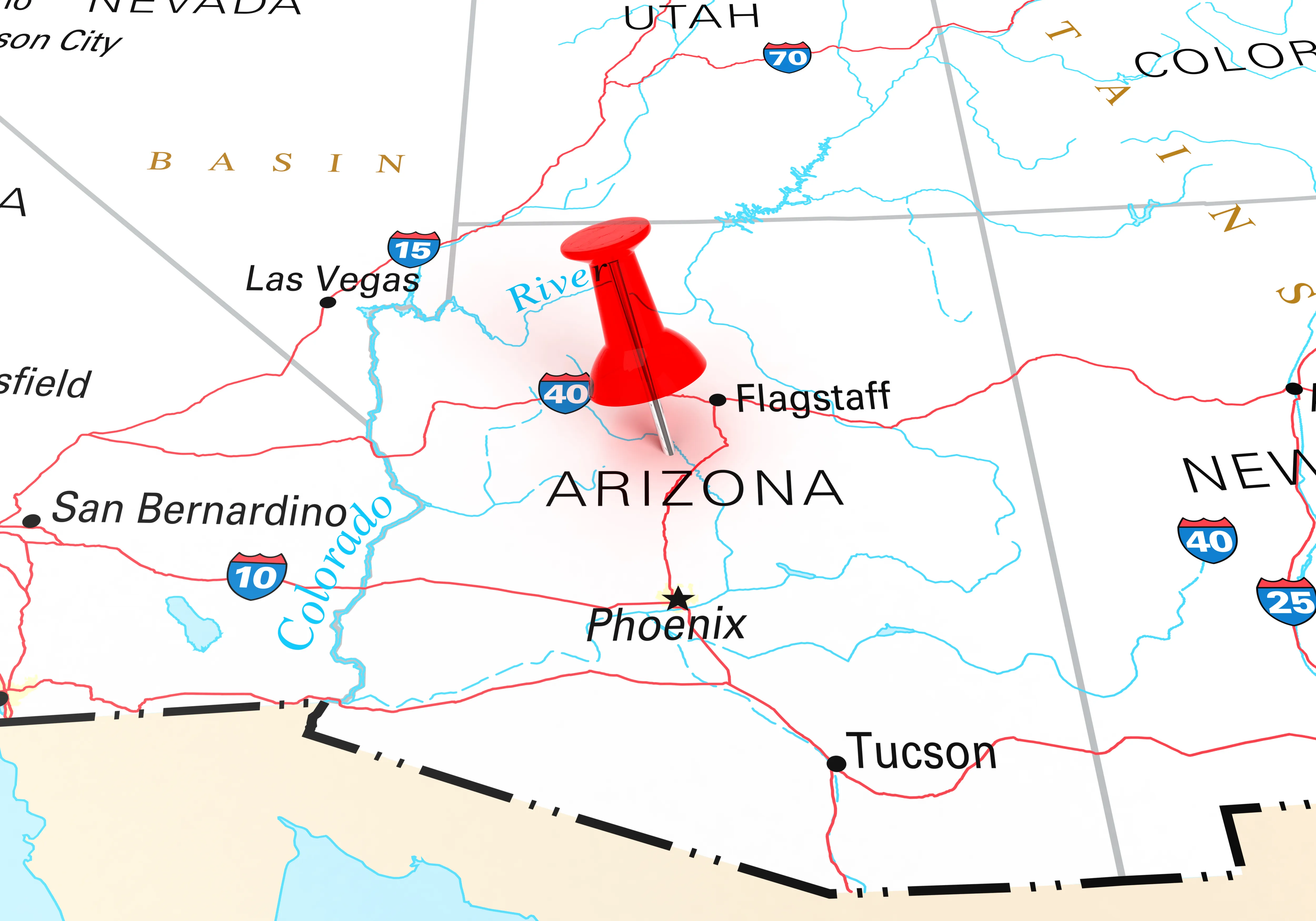
Colorado Officials: Now is the time to prepare for a wildfire
(Colorado News Connection) May is Wildfire Awareness Month, and state officials are encouraging Coloradans to get up to speed on prevention and emergency-exit strategies if evacuation notices are issued.
Rocco Snart, the planning branch chief with the Colorado Division of Fire Prevention and Control, said it's never too early to prepare.
Make a list of all the things you need to take with you, including a week's worth of prescription medicines. Next, find a place you can go, and make plans to get there.
He said you don't want to be in a rush when you leave your house.
"You want to try to make that on your own terms, so that you can make sure that you've collected everything that you need," said Snart. "If you need a walker, and you need to get it in a vehicle, or if you need to arrange to get a ride to come and pick you up, the earlier you can work on those things, the better."
Snart said make sure your insurance policies and personal identification documents are up to date, and make copies for your emergency travel kit - which should also include N95 masks to protect yourself from smoke inhalation.
A complete checklist for disaster preparedness is available at Ready.gov.
The group Wildfire Partners works with Mile High Youth Corps in Denver to provide wildfire-mitigation services at no cost to older residents.
Snart said even small steps can help. Make sure trees and plants are well hydrated, and if you live near open spaces, reduce vegetation to create a buffer around your house.
"Make sure that any deck materials are taken care of and not splintered," said Snart. "I mean, a deck with splintered wood and wood that's breaking down looks like a campfire for embers, right?"
Climate change is projected to create longer wildfire seasons in years ahead, with fires becoming more frequent and intense. Snart said this new reality can lead to a sense of denial, but he encourages everyone to take time to be prepared.
"That's not going to happen in my neighborhood, that's not going to happen in my subdivision," said Snart. "And the reality of it is, it can happen anywhere. In the Front Range, in the mountains, wherever there is fuel and homes next to one another."

















